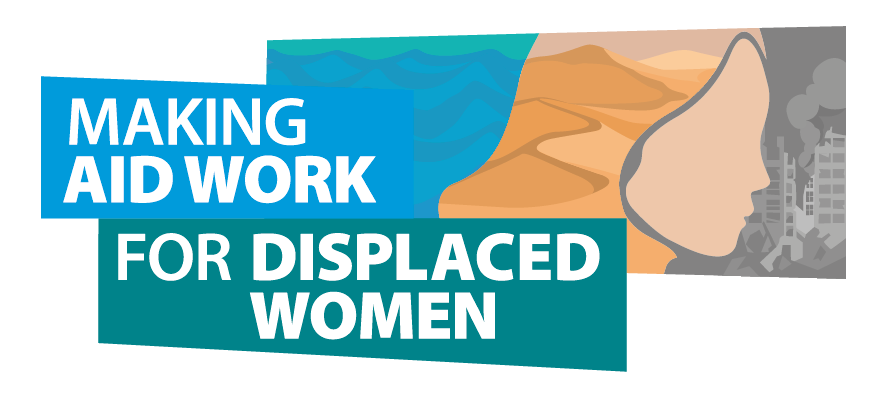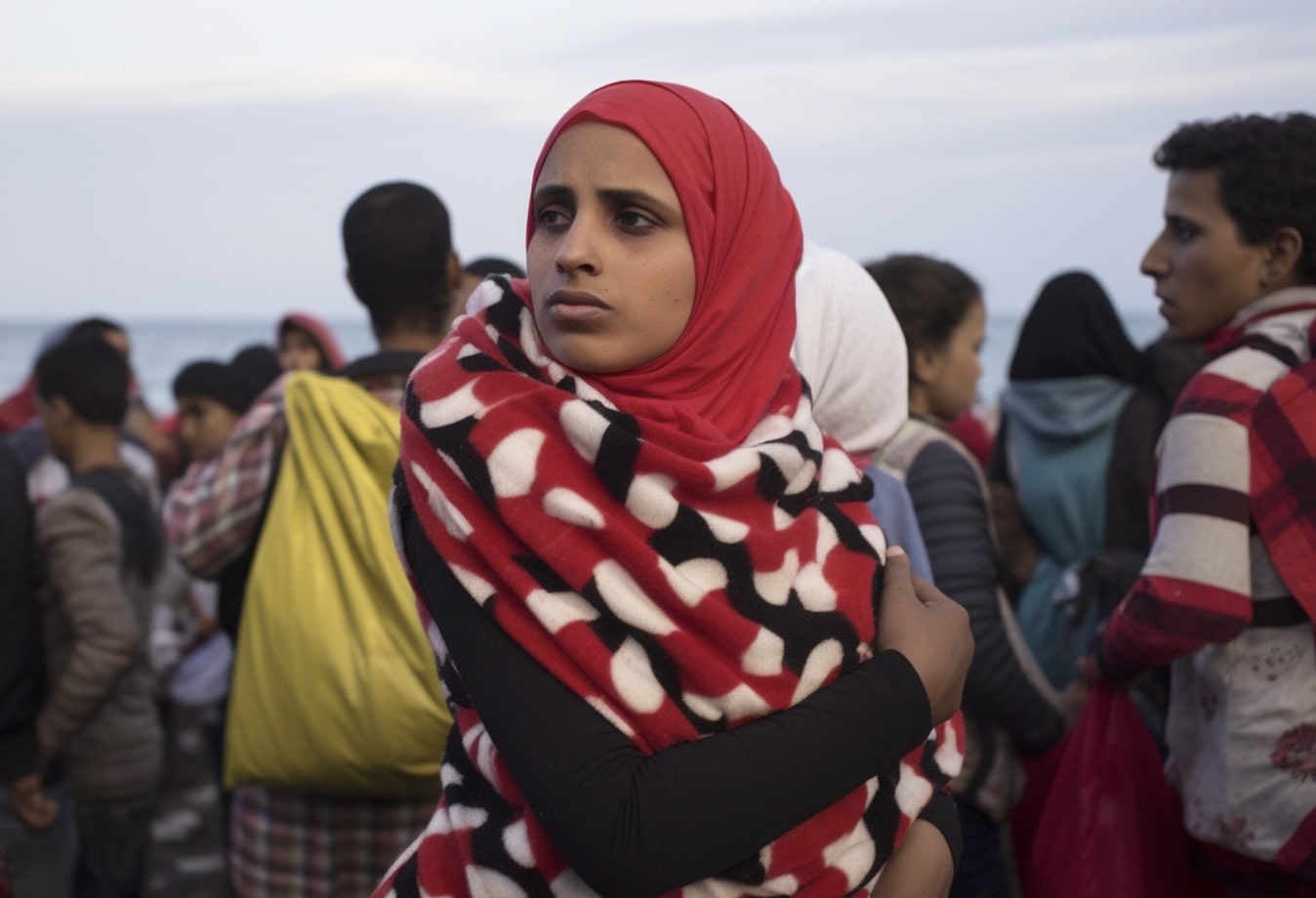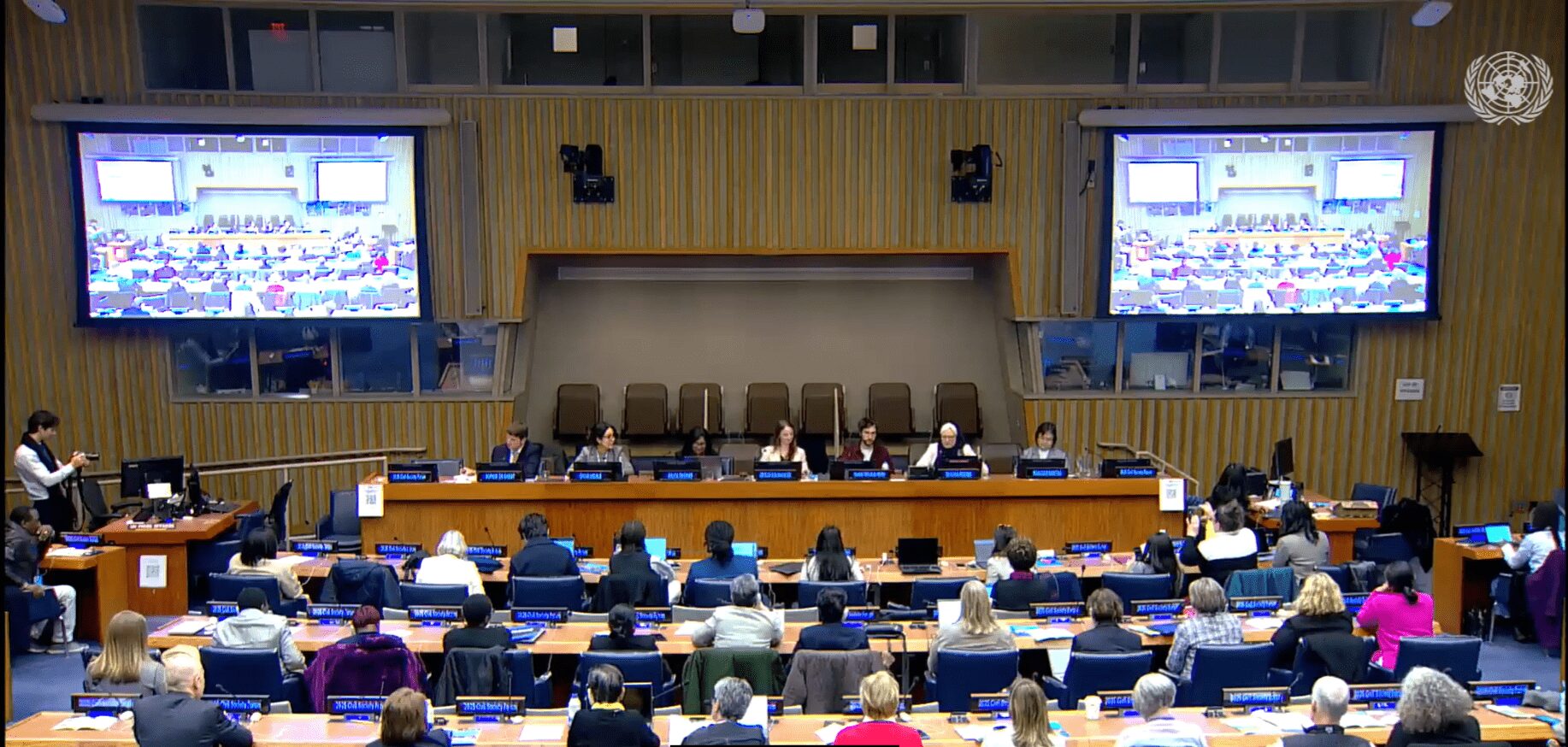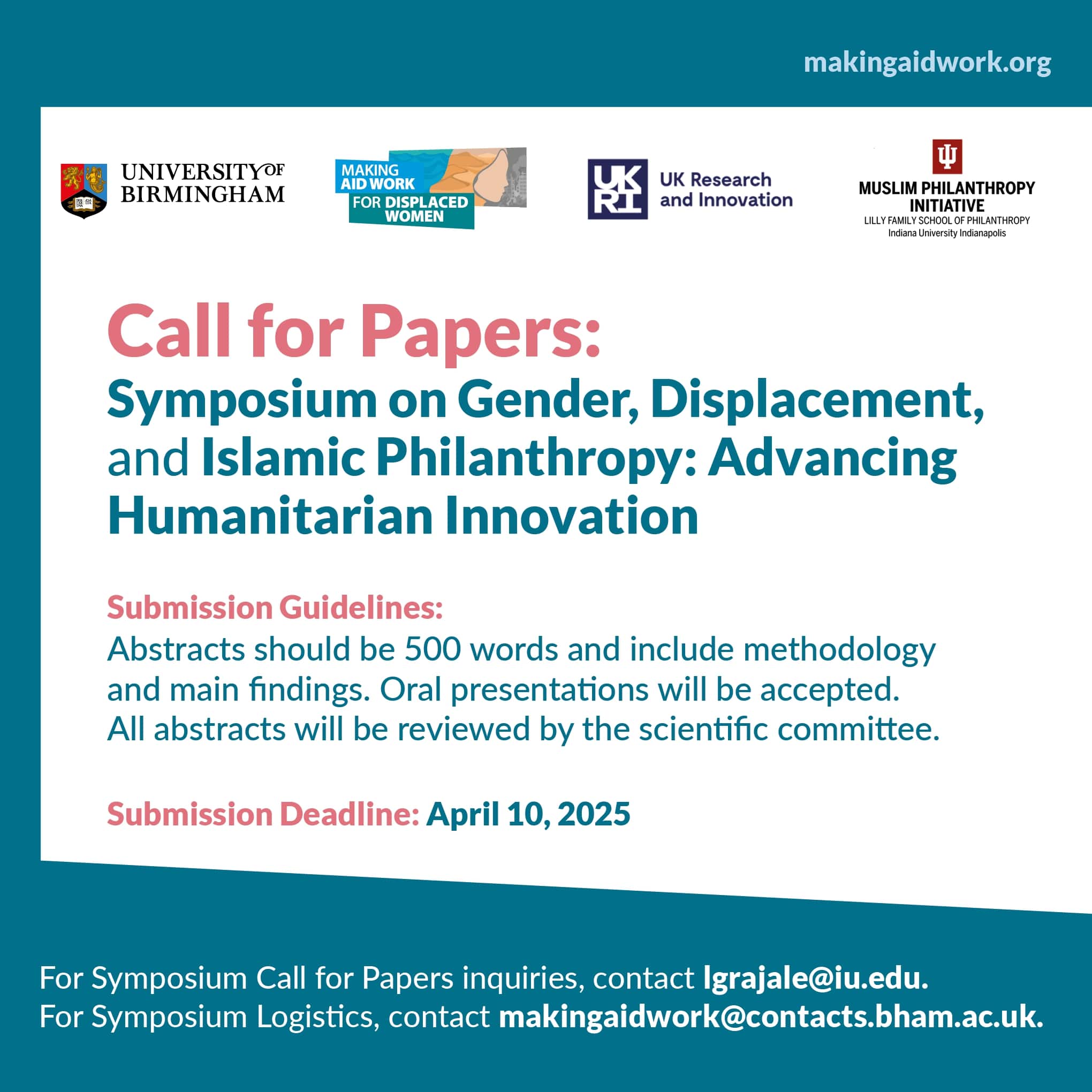
11 February 2025
Making Aid Work for Displaced Women: Integrating Islamic philanthropy and the internationalhumanitarian system
This event aims to initiate a global conversation on the role of—and engagement with—Islamic philanthropy in supporting women in conflict and displacement contexts. Moving beyond fundraising, the focus shifts to ethics, delivery mechanisms, lived experiences and cultural proximity to effectively address the intersecting needs of displaced women—whether on the move, in transit, or in places of refuge.
Women comprise a substantial share of the global displaced population and are disproportionately affected by armed conflict and forced migration, facing heightened risks of violence, discrimination, and exclusion. More than half of the world’s forcibly displaced people reside in Muslim-majority countries, yet the potential of Islamic philanthropic principles—such as zakat (obligatory charity), sadaqah (voluntary charity), and waqf (endowment)—to support displaced women remains underexplored in both international humanitarian policy and practice.
The first webinar will address critical guiding questions, including:
- Why is this an issue: Why do we need to discuss “Making aid work for displaced women?”
- Promising practices: What has worked so far in Islamic philanthropy to support displaced women?
- Challenges: What are the key challenges in policy and practice in assisting displaced women using Islamic social finance?
- Opportunities: What role can Islamic philanthropy play in advancing displaced women’s protection and inclusion within the international humanitarian system?
Speakers include:
- Dr Sandra Pertek – Principal investigator of ‘Making aid work for displaced women’ initiative, Senior Research Fellow, University of Birmingham, UKRI Future Leaders Fellow
- Prof. Amelia Fauzia, Faculty of Arts and Humanities, UIN Syarif Hidayatullah Jakarta and Director of Social Trust Fund UIN Jakarta
- Ms Kristonia Lockhart, Lead Women’s Empowerment Specialist, Resilience & Climate Action Department, Islamic Development Bank
- Mr Mohamed El Mehdi Zidani, UNHCR Dubai Office, Islamic Philanthropy Programme
- Dr Amjad Saleem, IFRC Representative, Geneva
More about the project: https://research.birmingham.ac.uk/en/projects/making-aid-work-for-displaced-women-integrating-islamic-philanthr
For more information contact: Tom Lingard via [email protected]
About the webinar series:
The Making Aid Work for Displaced Women webinar series critically examines the role of Islamic philanthropy in supporting women affected by displacement. It provides a platform to explore opportunities and challenges in engaging diverse and emerging humanitarian actors to enhance displaced women’s protection and inclusion.



